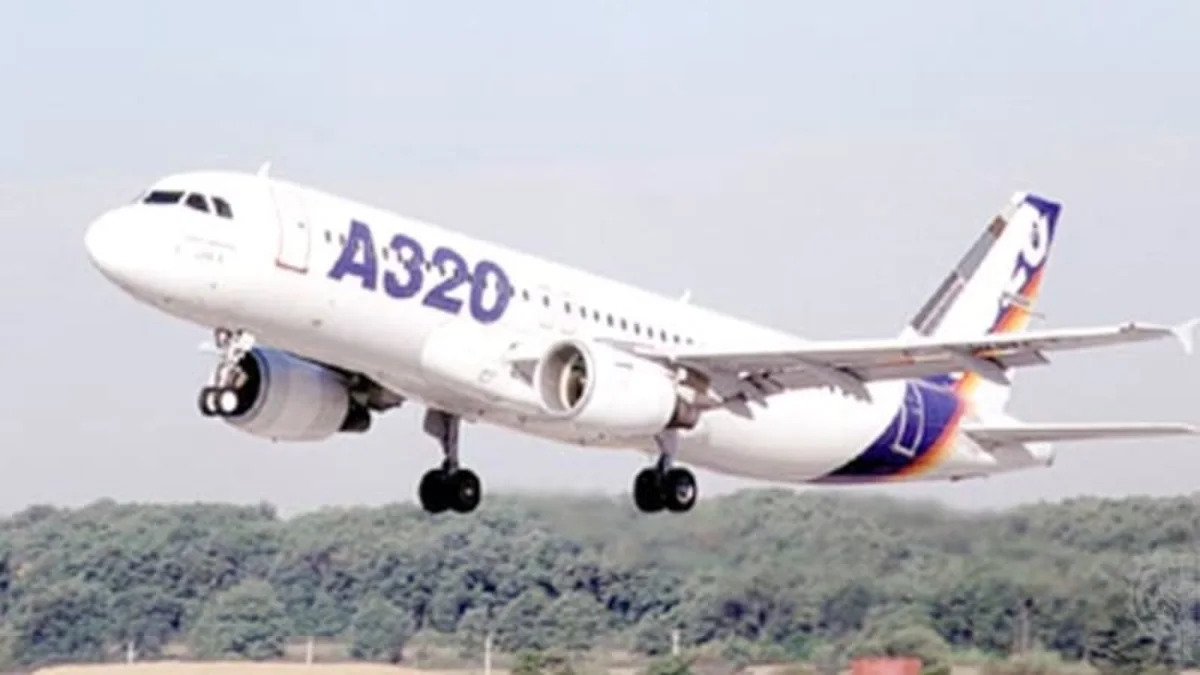Nope, this isn't a story about a plane flying exclusively on hydrogen. Instead, it's about Airbus' use of a fuel cell to obtain electricity for some of the plane's electrical needs: motor pump, back-up hydraulic circuit and operating the aircraft's ailerons. The cells produced a total of 10 liters of water.
The good thing, based on Airbus' claims, is that this might allow the aircraft to be lighter, because less fuel would be needed to carried for the on-board generators. The resulting product, plain water, could also be used in water systems, something that would also shave some weight.
Airbus plans to develop future applications for fuel cells, potentially replacing other aircraft systems such as the emergency power systems and the Auxiliary Power Unit. This could significantly reduce the noise and emission levels in and around airports
The fuel cell system developed by Airbus and Michelin was tested on the A320 test aircraft owned by the DLR, the German Aerospace Center. Airbus has been working on fuel cell technology in cooperation with Michelin, Liebherr Aerospace and DLR since the end of 2005.
Related:
[Source: Airbus]
Emission free power for civil aircraft: Airbus successfully demonstrates fuel cells in flight
19 February 2008
Airbus has successfully tested a fuel cells system in flight. For the first time on a civil aircraft this innovative energy source powered the aircraft's back-up hydraulic and electric power systems. The test conducted in February is part of Airbus' overall plans for an eco-efficient aviation industry. It supports the on-going research to evaluate the potential use and environmental benefits of fuel cell technology and zero emissions power generation in civil aviation.
During the test, the hydrogen and oxygen based fuel cell system generated up to 20 Kilo Watts (kW) of electrical power. The emission free fuel cell system generates water as a "waste" product. The fuel cell system powered the aircraft's electric motor pump and the back-up hydraulic circuit and also operated the aircraft's ailerons. The system's robustness was confirmed at high gravity loads ("g" loads) during turns and zero gravity aircraft manoeuvres. During the flight test, the fuel cells produced around 10 litres of pure water.
"Fuel cells offer tremendous potential environmental benefits and operational savings", said Patrick Gavin, Airbus Executive Vice President Engineering. "This is another example of Airbus providing leadership for an eco-efficient industry, one which creates value with less environmental impact."
Fuel cells are emission free and the by product, which is water, could be used for the aircraft water and waste systems, making the aircraft lighter and thus increasing the aircraft's fuel efficiency.
This achievement will enable Airbus and its partners to further develop ways to implement fuel cell technology for replacing other aircraft systems such as the emergency power systems and the Auxiliary Power Unit (APU). This would significantly reduce the noise and emission levels in and around airports.
The fuel cell system developed by Airbus and Michelin was tested on the A320 test aircraft owned by the DLR, the German Aerospace Center. Airbus has been working on fuel cell technology in cooperation with Michelin, Liebherr Aerospace and DLR since the end of 2005.


Sign in to post
Please sign in to leave a comment.
Continue